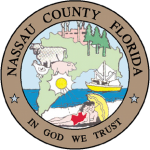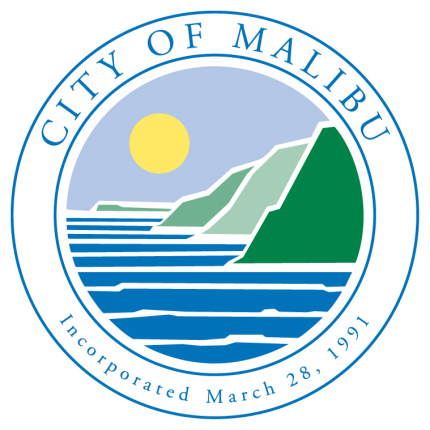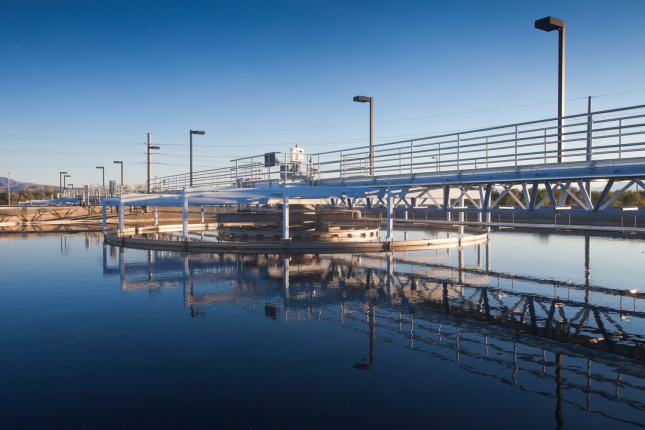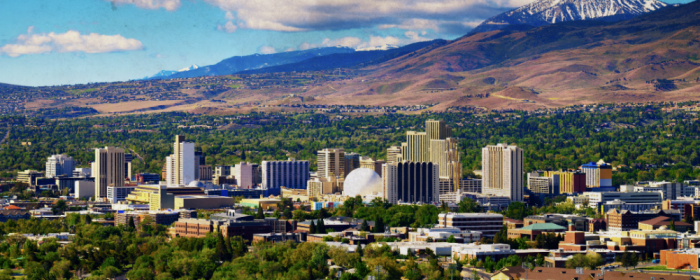Government Landscaping Jobs & You: Cultivating a Greener Future

Government landscaping jobs offer a unique opportunity to shape public spaces, from local parks to national monuments. These roles provide job security, diverse work environments, and the satisfaction of knowing your efforts are making a visible impact on communities. But how do you break into the field, and what can you expect? Let’s dig deeper into this thriving industry.
- ⇀ The Impact of Government Landscaping Jobs
- ⇀ Job Security in a Growing Field
- ⇀ The Process of Getting Started: Completing the Action
- ⇀ Career Growth and Opportunities in Government Landscaping
- ⇀ Leveraging Relevant Skills and Certifications
- ⇀ Responding to the Needs of the Community
- ⇀ The Satisfaction of Working in Public Service
- ⇀ Overcoming Challenges in the Field
- ⇀ Conclusion: Opportunities in Government Landscaping
The Impact of Government Landscaping Jobs
Imagine walking past a beautifully designed garden at a government building or strolling through a well-maintained public park. Government landscapers are responsible for creating these spaces, ensuring that public areas are functional and aesthetically pleasing. Every tree planted, flower bed arranged, or green space maintained plays a critical role in making public environments more welcoming.
More than just fulfilling contracts, government landscaping jobs allow you to make a lasting impact. Unlike private projects, where your work may be undercover, government landscapes are front and center, visible to thousands of citizens daily. These public projects foster community pride, improve public health, and enhance urban spaces, benefiting everyone interacting with them.
Job Security in a Growing Field
While many industries face uncertainty, government landscaping jobs offer steady work and long-term job security. Public spaces always need maintenance, and as urban areas grow, so does the demand for green spaces. Parks, government buildings, and community areas require ongoing attention, making government landscapers essential. Unlike seasonal private-sector jobs, federal and local government positions often come with long-term contracts and year-round employment, ensuring that workers have job stability.
Additionally, government jobs offer strong performance security measures. Before proceeding with contracts, landscaping companies must undergo thorough verification processes to meet state and federal standards. Verification successful marks a significant step in securing a role in this field. It’s essential to review the security of your connection before proceeding with contracts, ensuring that all regulations and performance security protocols are followed.

The Process of Getting Started: Completing the Action
To enter the field of government landscaping, you’ll need to follow a series of steps to ensure you’re qualified and meet the necessary standards. First, ensure that your account and credentials are up to date. Many government landscaping jobs require specific certifications or verifications.
During the hiring process, you might be asked to verify you are human by completing the action of submitting relevant documentation. This verification is essential to security, ensuring that only qualified professionals are hired. Each request to join a project or apply for a contract will go through a security check, reviewing your credentials and past performance.
Often seen during online security checks, the Ray ID process may also be part of the system you encounter when working with federal and state agencies. Whether you’re responding to a job offer or applying for a contract, completing the action of proper verification and security checks is crucial for ensuring smooth access to opportunities.
Career Growth and Opportunities in Government Landscaping

Government landscaping offers numerous opportunities if you’re interested in a stable career with growth potential. Entry-level roles, such as groundskeepers, often require minimal experience, making them accessible to those just starting out. As you gain more skills, you can pursue supervisory positions or specialize in urban forestry, sustainable landscape design, or park management.
The public sector encourages career advancement by providing access to certifications and training programs. With the right skills, you can move up the ladder, gaining access to better-paying contracts and more complex projects. Whether you’re interested in long-term federal projects or prefer local state government jobs, the opportunities for career advancement are plentiful.
Leveraging Relevant Skills and Certifications
Government landscaping services often require specific certifications to ensure all tasks are carried out according to legal and environmental standards. If you are starting out, look for opportunities to gain certifications in pest management, irrigation systems, and plant care. These certifications are highly valued when working with government agencies, especially in federal landscaping projects.
Request access to the most relevant training programs that suit your career path. These qualifications boost your chances of landing jobs and strengthen your credentials for higher-stakes contracts.

Responding to the Needs of the Community
As a government landscaper, you often respond to the community’s needs. Whether designing sustainable parks or maintaining historical landscapes, your work will be vital in improving public spaces. You will receive feedback from community members and public officials, ensuring that the landscaping aligns with environmental and aesthetic goals.
Government landscapers often work in diverse environments, from urban parks to rural nature reserves. Each project offers new challenges and opportunities to showcase your skills. Whether you’re completing the action of planting a new garden or installing an irrigation system, the results are tangible, creating lasting benefits for the community.
The Satisfaction of Working in Public Service

One of the greatest rewards of government landscaping jobs is the satisfaction of working in public service. These roles allow you to make a difference by enhancing the beauty and functionality of public spaces. Whether you’re maintaining a national park or creating a memorial garden, your work directly impacts the quality of life for thousands of people.
Government jobs also come with benefits that are hard to match in the private sector, including competitive salaries, health insurance, and retirement plans. These jobs are ideal for individuals looking for job security and personal fulfillment.
Overcoming Challenges in the Field
Like any career, government landscaping comes with its share of challenges. For example, the security of your connection to government systems must always be maintained. You must stay updated on the latest guidelines and ensure all your contracts comply with local and federal laws. Reviewing the security measures before proceeding with any new project is crucial to maintaining compliance.
Another challenge is managing the process of working with multiple stakeholders. Government landscaping projects often involve collaborating with urban planners, environmental experts, and community leaders. Maintaining clear communication and ensuring everyone is aligned with the project goals will help complete each task.
Conclusion: Opportunities in Government Landscaping
Government landscaping jobs offer many opportunities for individuals passionate about improving public spaces. Whether you’re just starting your career or looking to advance, this field provides room for growth, job security, and the chance to impact your community.
First, ensure you’ve completed all necessary verifications, certifications, and security protocols. From gaining Ray ID verification to responding to community needs, each step of the process will bring you closer to a fulfilling career. Additionally, understanding the business side of government landscaping, such as managing contracts and budgets, can further enhance your career prospects. As urban areas expand and environmental concerns rise, government landscaping will become increasingly important in shaping the spaces where we live, work, and play.
Start your search today and discover the rewarding path of government landscaping.




















































